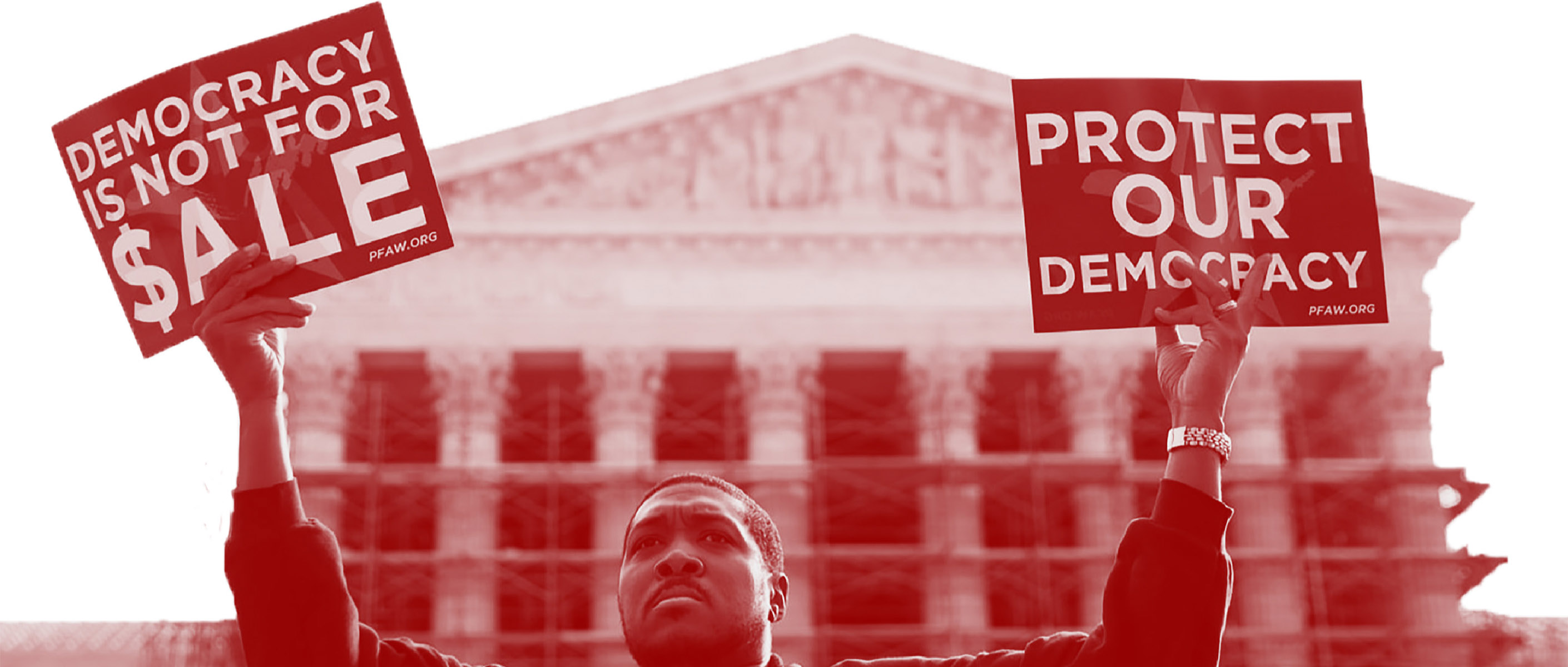In 2011, Rep. Peter King, then-chairman of the House Homeland Security Committee, held a highly politicized hearing on the “radicalization of the American Muslim community.” He cited recent domestic terrorism cases linked to American Muslims, such as a shooting on a military base in Fort Hood, TX, and an attempted bombing in Times Square (which was thwarted by a Muslim man, a New York cab driver).
Americans who were perceived as Muslim were already facing heightened incidents of hate crimes and Islamophobia in the wake of these events. The hearing would do even greater damage, unjustly tying these communities to extremists and inviting even uglier attacks and infringements on both their rights and safety.
In preparation for the hearings, ReThink conducted an extensive audit of opposition messages in print, broadcast, and online media outlets, examining coverage of domestic terrorism and related issues in the 18 months leading up to the hearing. Our goal was to prepare advocacy organizations for the most likely accusations and lines of questioning to best position the movement to discredit both the hearing and the potential witnesses.
In the 10 weeks leading up to the hearings, ReThink worked with groups to implement a sector-wide strategic communications plan, including op-ed and Capitol Hill strategies. We tracked all of the coverage, co-hosted a weekly strategy call, and worked with advocacy organizations to develop messages.
Drawing on our messaging and opposition research, we worked with organizations to define a cohesive message that we could drive as a sector: the hearing was modern-day McCarthyism—dangerous, counterproductive, and full of easily refuted claims. Within that shared framework, we developed messages for a much wider set of groups and allies, including national security and interfaith validators, underscoring that, although these spokespeople come from vastly different perspectives, the underlying point was the same—this was a witch hunt grounded in prejudiced assumptions that would not make anyone safer.
To ensure that our community’s spokespeople could be first to frame their perspectives in the media, we developed tailored press lists of the top editors and reporters covering the hearing. To help prepare them for interviews, we provided pivot-points and counter arguments to the most prevalent opposition messages.
DID WE SUCCEED?
Did we successfully use data to inform and drive a strategy? Were our groups, in fact, the first to frame the coverage? Did our messages and messengers break through?
Did we effectively challenge the credibility of the hearings, Rep. King, and the “experts” who were called to testify? What lessons could we take forward, as a movement, to continue to challenge our opposition, shift public opinion, and advance the rights of the Muslim, Arab, Sikh, and South Asian (MASA) community?
In a word, yes. We conducted another audit of coverage of the hearings to measure the volume, sentiment, top messengers, and key messages. When we compared it to coverage in the 18 months leading up to the hearings, we saw dramatic improvement. Across the board, our collaborative efforts and cohesion had paid off.

Because they were the first to tell their story, organizations in the MASA community drove media coverage in print, broadcast, and on the wires. The sector’s coordinated message framing performed nearly three times better than oppositional framing in op-ed, editorial, and commentary coverage; two times better in print and wire coverage; and nearly two times better in broadcast coverage.
Just as important, the community built relationships with key reporters and allies, such as national security, interfaith, and Capitol Hill validators—relationships it could count on for support again in the future. We know because we track what they say, as well!

